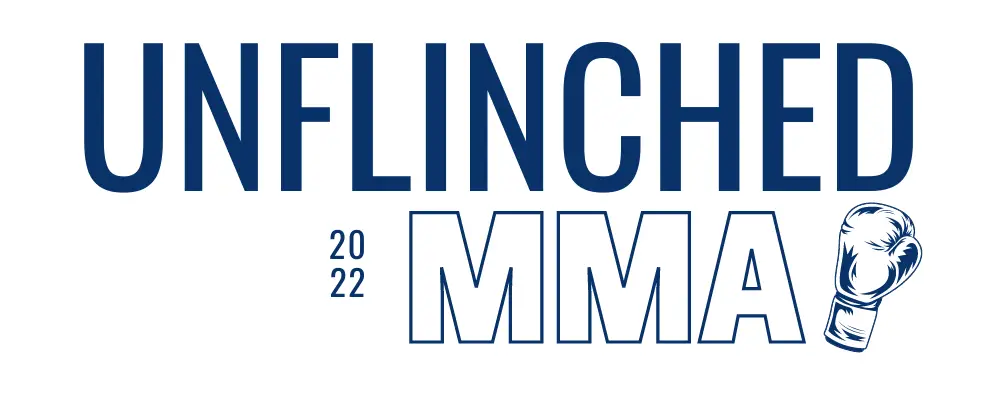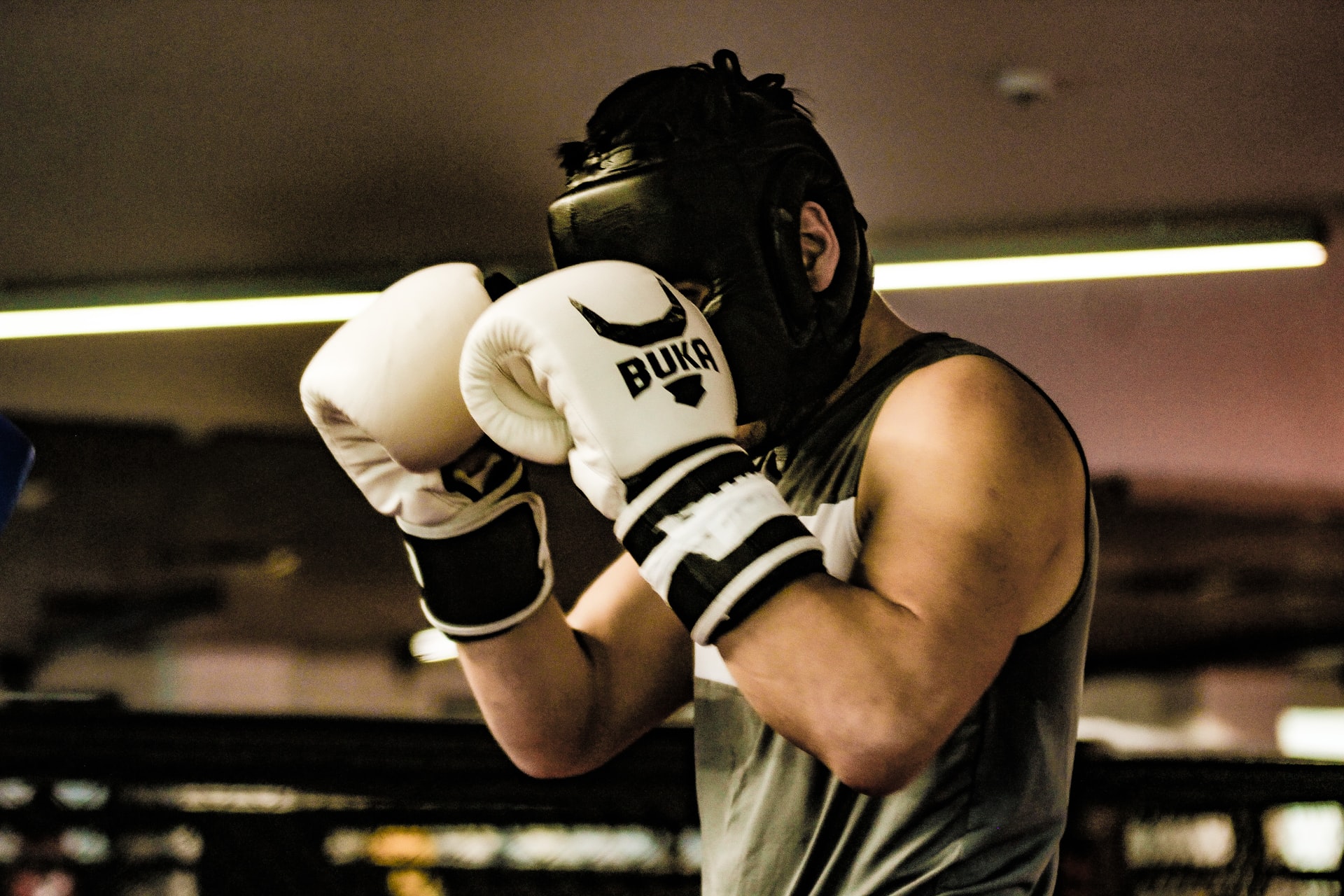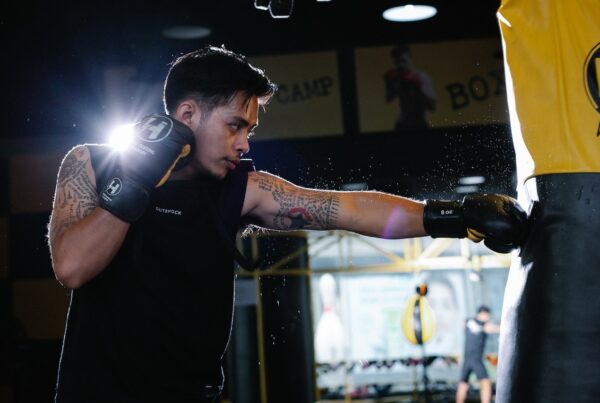Boxing can be hard to learn for beginners – it takes time to learn the basic techniques and achieve the right form. At the minimum, you need to learn basic punches like jabs, hooks and cross to be effective. And you also need to learn the right form to avoid injuries.
Boxing is a physically and mentally demanding sport that requires a lot of practice and discipline. It can be difficult to learn, but with the right guidance it can be extremely rewarding. There are many different styles of boxing, so it is important to find one that matches your own strengths and weaknesses. The key to success in boxing is dedication and hard work. If you are willing to put in the effort, boxing can be an incredibly rewarding sport.
Personally, it took me 6 months of regular practice to get the basics and form right. This included learning basic punches like jabs, cross, uppercuts, hooks – and also get used to shadow boxing, punching bags and sparring.
In this article, I am going to describe how difficult boxing is for beginners and how long it should take you. If you are a beginner and looking to immerse into boxing, then this is a great article to start with! I will also cover how hard it is to go pro (it should be interesting for you).
Table of Contents
How Long Does Boxing Take To Learn? (Setting expectations)
It should take a beginner 6-9 months to learn the basics of boxing – including learning how to use your hands, feet, and body to defend yourself against an attack. It can take weeks or even months to learn the basics, but with dedication and perseverance, anyone can become a proficient boxer.
Boxing is a physical and mental challenge that takes years of practice to become proficient. So don’t get discouraged if you feel like you are not improving.
If you want to go beyond the basics, then it should take a boxer at least 1-2 years to be proficient enough to use boxing for actual self defence on the street.
This of course varies from person to person. Some boxers train 5 days a week while others only 5 days a month. The more you practise, the faster you can become proficient. My estimate above assumes that you are practising 3 days a week with a coach and other peers.
Going even further, it should take a boxer at least 2 years of training before going pro. Boxing is not an easy sport to learn and go pro. It can take many years of dedicated practice and training to reach the level of success many boxers aspire to.
Even then, there is no guarantee of a career in boxing, as there are a number of other professional sports available which offer more lucrative paydays.

Learning the basics of boxing takes 6 months. To be proficient enough for self defence should at least take you 1-2 years.
4 Tips To Learn Boxing Faster
If the time range I mentioned above is too long for you, then there are more things you could do to accelerate your boxing growth. Here are 4 tips that greatly helped me learn boxing (things I wish I knew when I started):
- Find a boxing class that is suitable for your skill level. This will ensure you are learning the right techniques and getting the most out of your training. If you are a complete beginner, then join beginner classes. Make sure your class is also progressing. Do not get stuck in a beginner class forever – some folks just want to box and workout, avoid these classes if you are serious. Getting a personal boxing coach is the best.
- Make use of boxing gloves and other gear. These boxing gears help increase your speed, power, and accuracy while punching. Without these tools, you may find it difficult to land punches or defend yourself. A training boxing glove is most crucial. If you can afford only 1 glove, get a training glove instead of a sparring or bag gloves.
- Practice regularly. Even if you’re just punching a pillow or bag at home, every bit of practice will help improve your skills. Sparring is especially helpful to hone your skills and get you thinking about boxing and strategies even while you are off the gym.
- Finding a boxing coach or mentor. It is important to get someone who can guide and support you as you begin your boxing journey. You most likely could find such a person from your boxing gym. Build a good connection with them because you will definitely guide them to be successful in boxing.
What are the Requirements For Boxing?
To become a successful boxer, you must have good hand-eye coordination and be in excellent shape. You also need to have the stamina and discipline to train consistently.
You could obtain all these as you learn and practice boxing. You don’t need to have all of them as beginners.
As complete beginners, all you need is dedication to practice regularly. All the skills, stamina and strength will come later as you train.
That said, if you have physical conditions like asthma or arthritis, then you have to be extremely careful and let your boxing coach know in advance. You could still practice lightly with such conditions – but don’t push it.
What Equipment Do You Need To Start Boxing?
To start boxing, you will need some equipment which includes a pair of gloves, a sturdy punching bag, and a training partner or coach. Gloves are important as they protect your hands from being injured. A punching bag is a great way to work on your footwork and technique, and can be used to improve your striking power.
Here is a list of equipment that you are required to have when starting boxing:
1. Boxing gloves. To start learning boxing, you need a pair of boxing gloves that can be used for all types of training like punching bag, sparring and mitt work. As a beginner, do not get specific boxing gloves like sparring gloves or punching bag gloves. Get a general training boxing gloves first and then consider more as you have more experience.

2. Hand wrap. Boxing wrap is important to keep your hands safe and reduce the amount of injuries that can occur. Get a hand wrap to use during your boxing workouts to keep your hands and wrists protected. Do not put on boxing gloves without first wrapping your hand – you risk injury (especially on your wrist).

3. Mouth guard. Mouth guard is an inexpensive gear that could protect your teeth during sparring. You may not need this in the first week or two of boxing. But the moment you go into sparring, you will need it. Once you have a regular sparring session, consider getting a head guard. Continued force to the head is never good – even during sparring.

How to Get Started in Boxing? (Learn The Basics of Boxing)
To get started with boxing, the first logical step is to visit a boxing gym and sign up for a boxing class. That said, here is a list of things you will need to learn to master the basics of boxing. Most boxing classes will start with these lessons and by reading this, you should more or less get the idea of how hard (or easy) the training could be.
7 Steps to learn the basics of boxing:
- Learn the basic punches and how to use them. This means learning jabs, hooks, cross, uppercuts and throwing these punches countless times during your practice – be it mitt work, punching bag or shadow boxing.
- Learn how to block. Learn how to keep your hands up at all times to protect your head. In beginner lessons, you will be focusing on how to block (instead of evading). Remember to keep your hands up at all times – even when you are tired!
- Learn how to take punches. You will not be able to block all punches. Thus, it’s important to learn how to take these punches. Feel them and experience the pain. Eventually you will get hit on all places head, liver, chest, shoulders. Don’t feel demotivated, this is all part of the training!
- Learn how to move around the ring (footwork). Boxers need to be able to move around the ring in order to avoid being hit or countered with a powerful punch. They should also keep an eye on their opponent’s movement in order to anticipate his next move.
- Learn how to improve your stamina. Stamina is important to keep you going. Many boxers move great in the first few minutes but quickly get gassed out and knocked out. Your coach is likely going to make you run countless times during training. Cardio is a core part of boxing – you cannot skip it.
- Learn how to improve your punching power. Once you know the basic punches and basic combos, it’s time to increase your punching power. Focus on these questions: How should your fist land? How should your feet move when punching? How should your hip twist when punching?
- Learn how to feint and counter. After regular sparring, you will eventually learn how to throw feints and bait your opponent. After some time, you will even learn advanced techniques like countering (where you evade your opponent’s punch and return a punch using their own body weight).
If you are able to learn boxing and reach all 7 steps, you should be quite proficient in boxing and have graduated from the basics. You see how quick that was? just 7 steps.
Related article: 8 Tips To Predict Incoming Punches: Where To Focus In Boxing
Requirements To Go Pro In Boxing
If you have big dreams and want to learn boxing to go pro, then here are 5 requirements to go pro in boxing. I won’t go into detail here but you should at least get the feel of how difficult it could be.
- You must be at least 18 years old to participate in pro boxing matches.
- You must be in excellent physical condition – no asthma or any other physical conditions that could be a risk.
- You must have completed a boxing training program. If you are already at this stage, this should not be a big deal.
- You must have a valid boxing licence.
- You must be willing to undergo regular physical and medical evaluations. If you are a pro boxer, this becomes a routine to you. Especially before a fight.
Related article: Difficulty To Be a Boxer: 9 Steps For Beginner To Go Pro
Which Is Harder To Learn: Boxing Vs Kickboxing
Boxing is considered more difficult to learn than kickboxing, as boxing relies more on technique and footwork, while kickboxing relies more on speed and power. That said, Boxing and kickboxing are two highly physical sports that require a lot of practice to be successful.
Boxing typically takes longer to master than kickboxing, but with the right instruction, it can be a rewarding activity. Kickboxing has more types of attacks like kicks and elbows. However, boxing is much more technical – making it harder to grasp and master.
Boxing is great for developing strength, stamina, and coordination. It can also help improve balance and agility. Kickboxing, on the other hand, is more exciting to watch and is great for developing speed, reflexes, and coordination. It can also help build muscle bulk.
Ultimately, it depends on a person’s individual goals and preferences which one they should learn first. However, both boxing and kickboxing are definitely worth exploring if you’re looking to add some physical activity to your life.

Kickboxing has more types of attacks but they are less technical.
Which Is Harder To Learn: Boxing Vs MMA
MMA is harder to learn and master than boxing. To be great at MMA, you need to master multiple martial arts – at the minimum 2 (1 for striking and another grappling).
You will not go far in MMA without both striking and grappling techniques. However, if you are just learning for workout and self defence, then it doesn’t really matter which is harder to learn.
When learning MMA, you will be learning a lot of skills from different martial arts. It is impossible to learn them all, but you could at least master 2-3 martial arts. Common ones are boxing, kickboxing and BJJ.
Is Boxing the Right Sport for You?
There is no denying that boxing is a physically demanding sport. From start to finish, a boxing match can last up to 12 rounds, which is significantly more than most other sports. This level of intensity requires serious dedication and commitment if you want to be successful in the sport.
There are a number of other factors to consider before making the decision to try boxing. First and foremost, it’s important to make sure you have the physical stamina for this type of sport. Even if you don’t consider yourself particularly athletic, you should still give boxing a try if you want to see results.
Second, it’s important to be mentally prepared for what will come your way as a boxer. Training and fighting are both mental challenges that will require concentration and discipline if you want to be successful in the ring.
Ultimately, whether or not boxing is right for you depends on a variety of factors including your fitness level, mental toughness, and interest in the sport itself. If you’re determined enough and fit enough for Boxing then give it a go!
Conclusion
Boxing is a challenging sport, but it is worth the effort. It is a great way to get fit and stay healthy. It can take a while to learn how to box, but with dedication and patience it can be very rewarding.
If you are a beginner, don’t worry about how hard it is to learn. Everybody has to start somewhere and even the greats started the same way you do. I have shown you the 7 steps to master the basics of boxing. Focus on those steps first before thinking about anything else.
Good luck! I hope this article has been useful to you.






